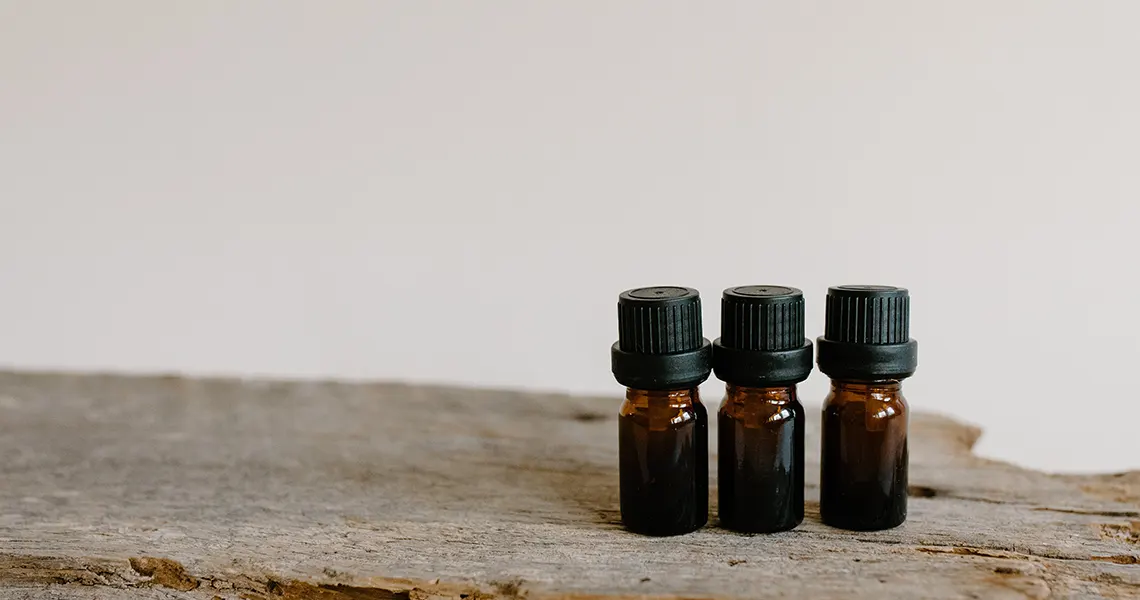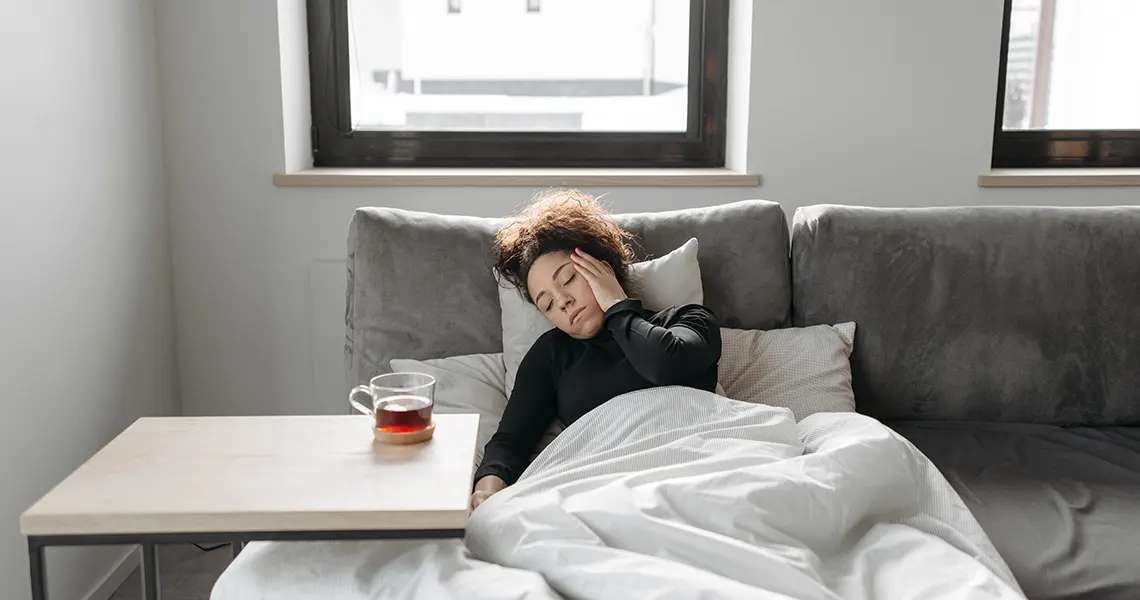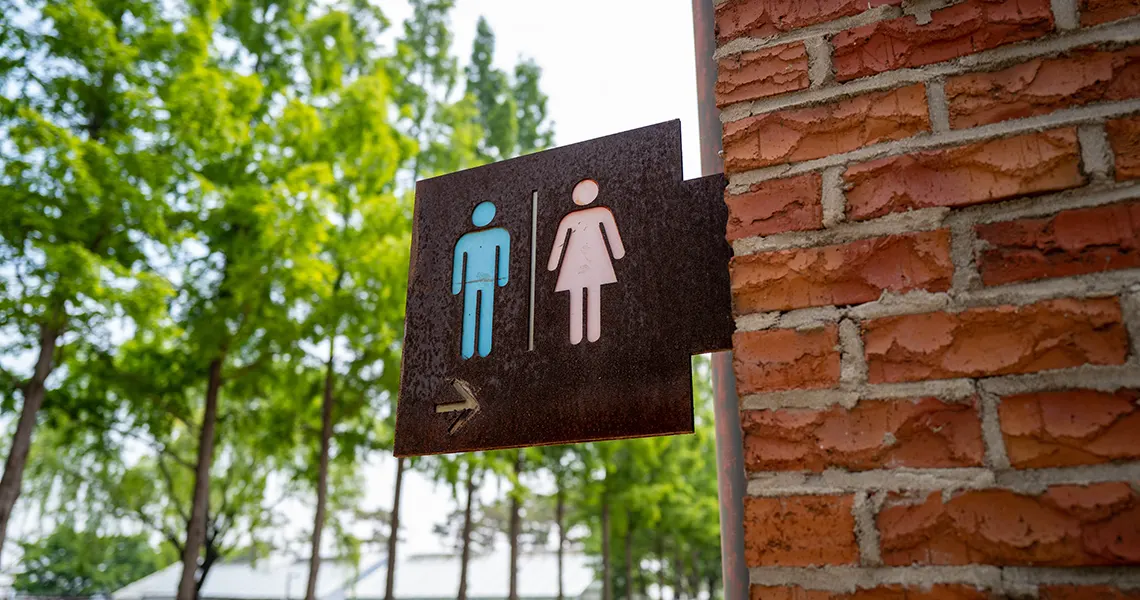
Melatonin is a naturally occurring hormone that your brain produces when exposed to darkness. It plays a crucial role in regulating your sleep-wake cycles.
Darkness serves as the signal to the body to sleep, and the body responds by producing an increased amount of melatonin. Light has the opposite effect and results in a decrease in melatonin production.
Melatonin dietary supplements are mostly created synthetically in a lab. The purpose of these supplements is to increase the presence of the hormone in the body, which may in turn improve symptoms of sleeplessness.
As people age, the natural supply of melatonin seems to decrease, which ultimately results in symptoms of insomnia.
What is CBD?

CBD, otherwise known as cannabidiol, is one of the two primary biologically active ingredients found in plant-based treatments.
The non-psychoactive compound has no intoxicating effects, and will not impair your judgement. This is unlike its counterpart in THC, also known as delta-9-tetrahydrocannabinol, which is psychoactive in its nature.
CBD is extracted through specialised processes such as carbon dioxide extraction to draw out a product rich in the compound.
CBD interacts indirectly with the endocannabinoid system found throughout our bodies to produce its effects. Data suggests that CBD stops the enzymes from breaking down the endocannabinoids.
Are melatonin supplements legal in Australia?

Melatonin pills are legally available in Australia for patients with a prescription from a qualified medical practitioner. Since June 2021, patients over the age of 55 may purchase a form of melatonin products over the counter without a prescription.
Consulting with a doctor will provide you with the best guidance when it comes to the efficacy and application of melatonin products.
Melatonin is mainly prescribed as a treatment option for short-term sleep issues, but may not be suitable for all people.
Patients should inform the medical practitioner if they have had allergic reactions to medicine in the past, have existing liver issues, or have any sort of autoimmune disease.
Is CBD legal in Australia?

CBD preparations where the cannabidiol content is at 98% or more of the total compounds, and the rest are made up of other naturally occurring plant-based chemicals, are classified as Schedule 4 medicines in Australia.
This means that in order to legally access medicinal plant-based products with CBD, patients will need a prescription from a qualified medical practitioner who deems it clinically appropriate in the circumstances.
A doctor will first make sure that the patient has tried conventional medicine, and will only look into plant-based treatments if the existing medication is not providing the patient with sufficient relief.
If evidence exists that CBD may prove effective for the specific condition of the patient, the medical practitioner may write a prescription for the plant-based treatment.
Some medicinal plant-based products are classified as Schedule 8 substances, and doctors will have to go through a more stringent process to prescribe such products.
Can I mix CBD oil and melatonin products?

You may have heard of people mixing CBD with melatonin supplements as a method to combat poor sleep, but is this safe?
Reliable research on the long-term effects of mixing CBD oil and melatonin is virtually non-existent. Your most secure route is to consult with your doctor about whether they believe mixing the two products may serve effective in the circumstances of your health.
Experts also advise that melatonin supplements should not be used as a long-term solution for insomnia, but merely as a short-term treatment for those suffering from sleeplessness.
Information on the efficacy and safety of CBD is also limited as a result of years of prohibition. There have been encouraging signs, but researchers continue to stress the need for more clinical trials and studies.
As such, patients should approach both CBD and melatonin supplements with caution, and only under the guidance of a qualified health practitioner.
The side effects of melatonin supplements

Melatonin products are generally safe for short-term usage but are not entirely free of side effects.
Some of the most commonly reported side effects are:
- Light-headedness & Dizziness
- Headache
- Nausea
- Lethargy & Fatigue
Other less-common side effects include vivid dreaming, short-term anxiety, irritability, stomach cramps, change in appetite, mood swings, reduced alertness, and constipation.
The side effects of CBD

Much like melatonin supplements, CBD is generally safe for use in adults. Like with all forms of treatments, there are a few side effects to be aware of. The most common of these are:
- Tiredness & Lethargy
- Changes in Appetite
- Light-headedness
- Dry Mouth
- Diarrhoea
Pregnant and breastfeeding individuals should avoid using CBD, as early research indicates there may be some risks.
Be sure to speak to your doctor about any existing medications you are on before consuming CBD to ensure there is no risk of a bad reaction.
Summary
Both melatonin supplements and CBD products are used as alternative treatment options for patients with relevant medical prescriptions. Individuals over the age of 55 may purchase a form of melatonin at a pharmacy without a prescription.
Melatonin is often used as a short-term solution for sleeplessness and symptoms of insomnia. Cannabidiol serves as a plant-based treatment option to relieve symptoms associated with a variety of different conditions.
We have limited information on the effectiveness and long-term safety of these treatment options, but as of now, experts believe that both products are well-tolerated in adults.
There are, however, a few side effects to be aware of, and patients should only use these products on the recommendation of a doctor.
For more information on melatonin and CBD, or if you have any related queries, speak to one of our qualified professionals.
